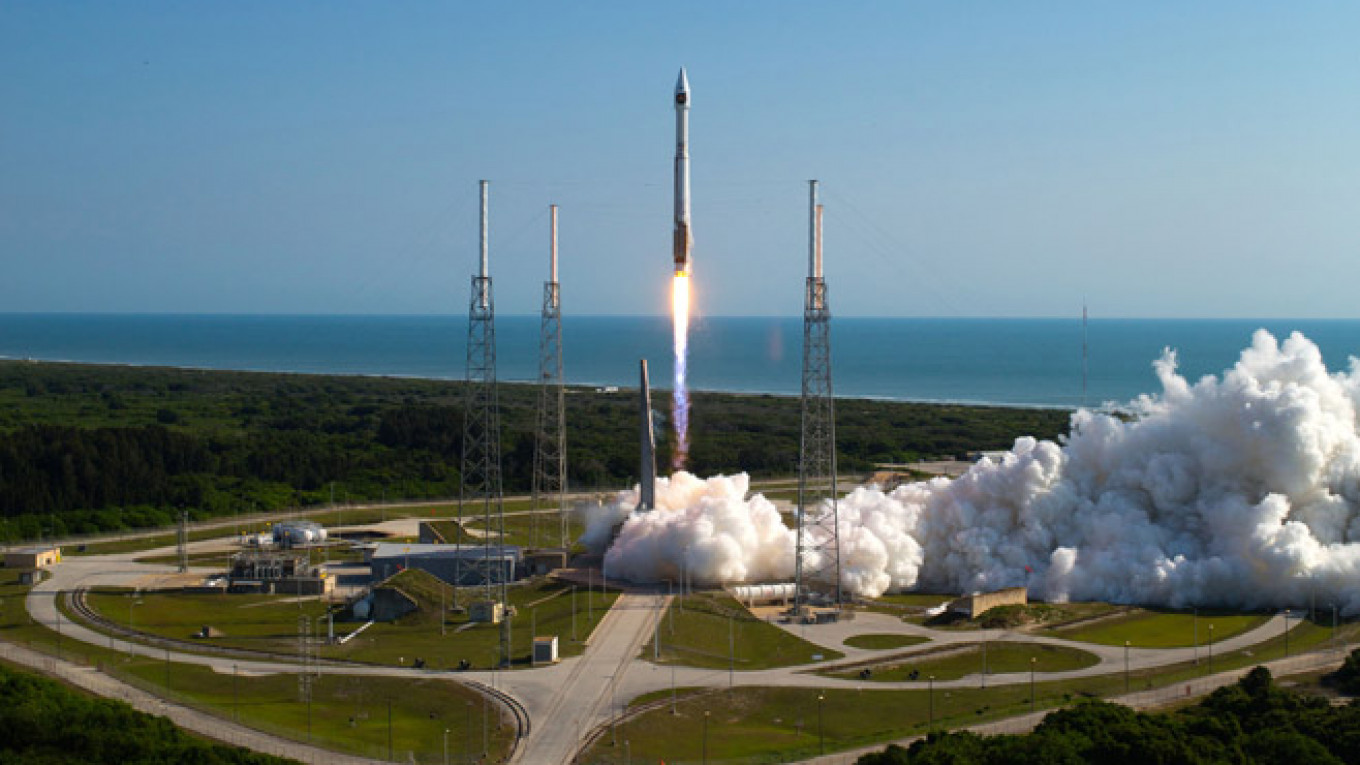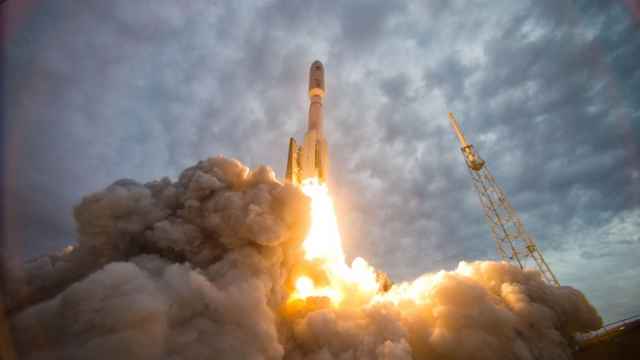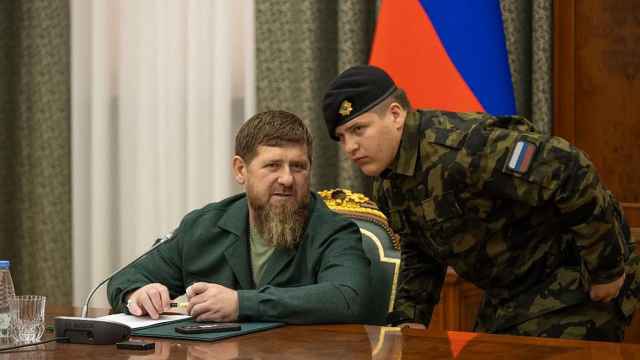Russia is not planning to halt shipments of its RD-180 and NK-33 rocket engines to U.S. aerospace firms in response to the latest round of Western sanctions, the deputy chairman of the government's Military-Industrial Commission said Tuesday.
"We do not have such plans. It is not profitable for us. We produce and deliver the [engines], they buy them," Oleg Bochkarev said in comments carried by the TASS news agency.
Rocket engines represent one of the greatest U.S. dependencies on Russian technology. The RD-180, for example, is considered to be one of the best engines in the world and is used to power the first stage of the Atlas V rocket — a vehicle built by industry juggernaut United Launch Alliance to launch U.S. military and intelligence satellites into orbit.
"Russia is rather peacefully responding to the sanctions, Bochkarev said. "We have no plans to break relationships with anyone, they are trying to break relations with us."
Another powerful Russian rocket engine, the NK-33, is purchased by U.S. commercial space firm Orbital Sciences to power their Antares rocket, which is currently contracted by NASA to help resupply the the International Space Station.
The U.S. currently has no domestic analogue to the RD-180, and although recent Congressional calls for a crash program to develop a new U.S.-made engine have been moderately fruitful, experts suggest that such an engine would take up to five years to develop.
In May, Deputy Prime Minister Dmitry Rogozin, who oversees the space industry, said Russia would respond to U.S. sanctions by withholding deliveries of the RD-180 engine for U.S. military satellite launches.
Space cooperation has been one of the more fruitful areas of cooperation between Russia and the U.S. since the collapse of the Soviet Union. The recent degradation of ties over the crisis in Ukraine has yet to produce a tangible impact on the state of relations in space.
A Message from The Moscow Times:
Dear readers,
We are facing unprecedented challenges. Russia's Prosecutor General's Office has designated The Moscow Times as an "undesirable" organization, criminalizing our work and putting our staff at risk of prosecution. This follows our earlier unjust labeling as a "foreign agent."
These actions are direct attempts to silence independent journalism in Russia. The authorities claim our work "discredits the decisions of the Russian leadership." We see things differently: we strive to provide accurate, unbiased reporting on Russia.
We, the journalists of The Moscow Times, refuse to be silenced. But to continue our work, we need your help.
Your support, no matter how small, makes a world of difference. If you can, please support us monthly starting from just $2. It's quick to set up, and every contribution makes a significant impact.
By supporting The Moscow Times, you're defending open, independent journalism in the face of repression. Thank you for standing with us.
Remind me later.






